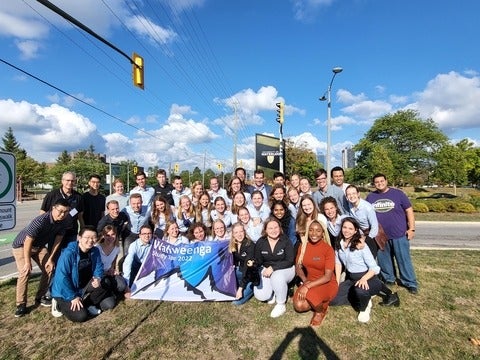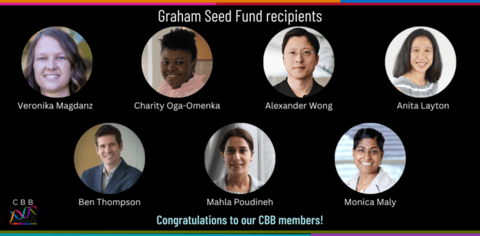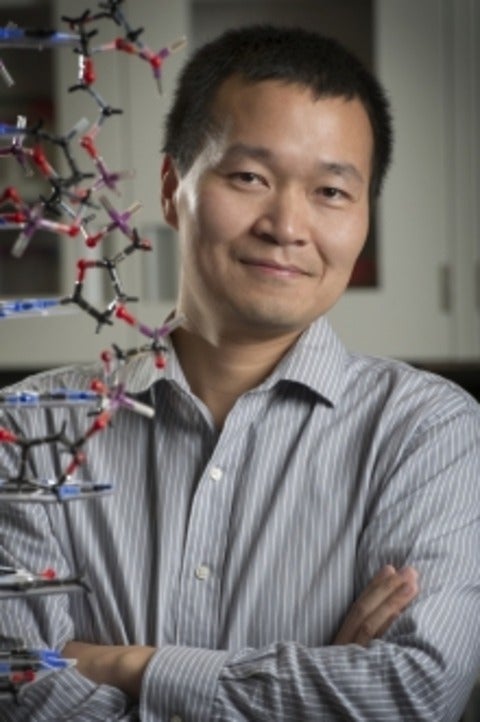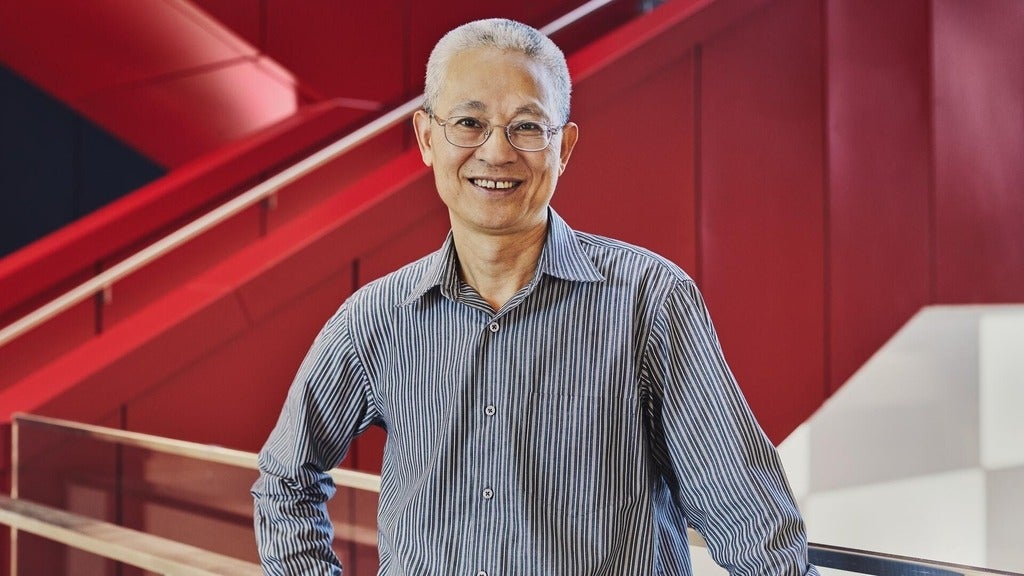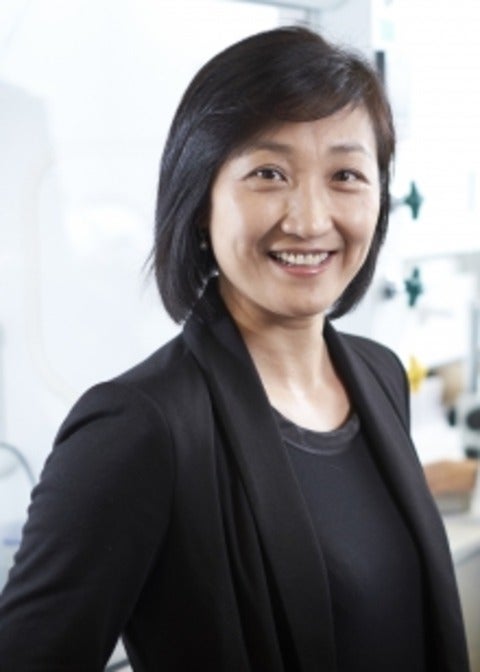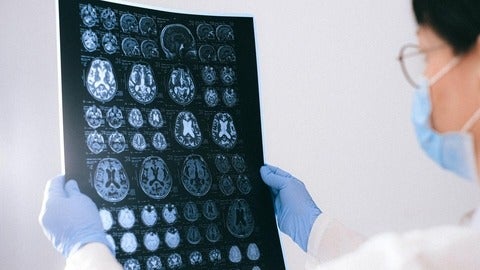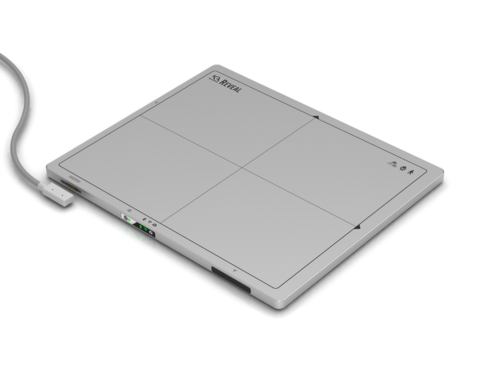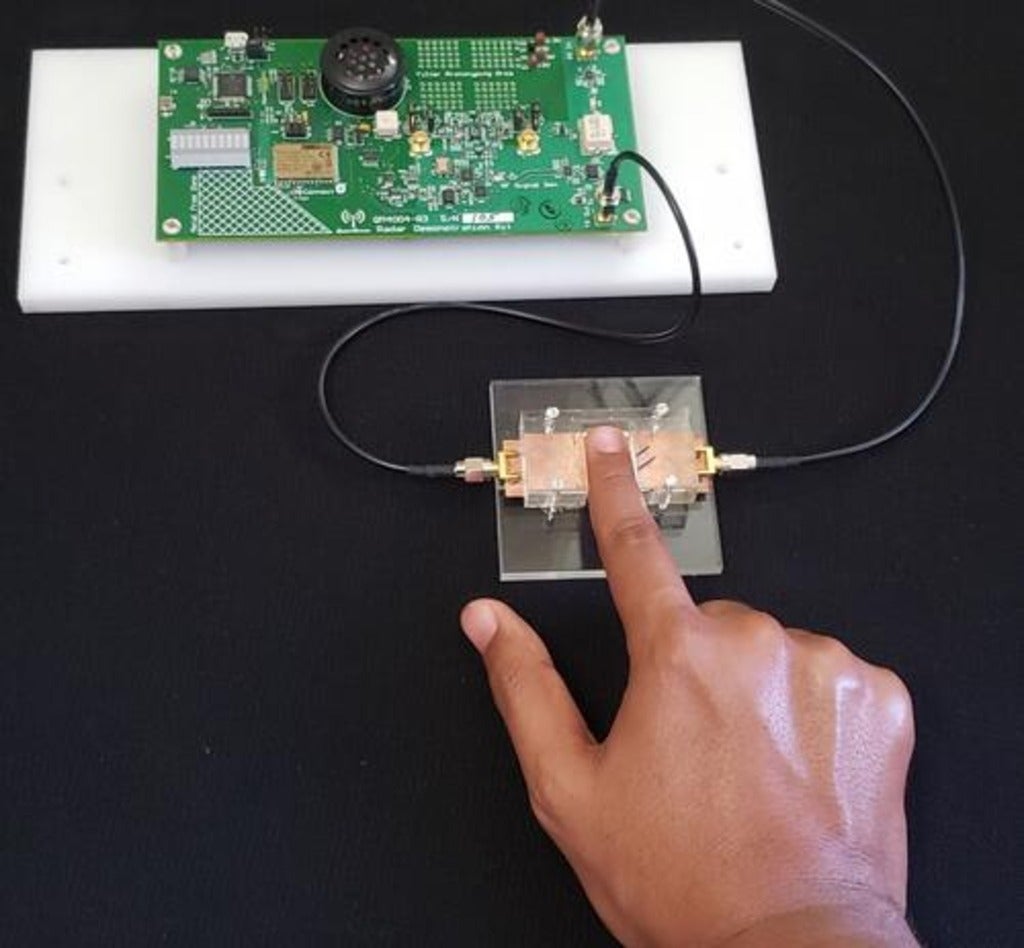Wahweenga Study Tour
In the Fall term of 2022, students from the Master’s programs, Biomedical Engineering and Technical Medicine, at the University of Twente in the Netherlands, visited the University of Waterloo. The Centre for Bioengineering and Biotechnology (CBB) was honoured to host this amazing group of students who also visited leading universities in Canada and the U.S.A., on a study tour that they called ‘Wahweenga’. Wahweenga translates to ‘perfection' in the native Ojibwe language, an Algonk language spoken by indigenous people of Canada and the central north of the U.S.A. This tour was focused on answering one question: ‘How do the technical (bio)medical sectors of Canada and the U.S.A. strive towards perfection?’
